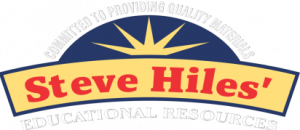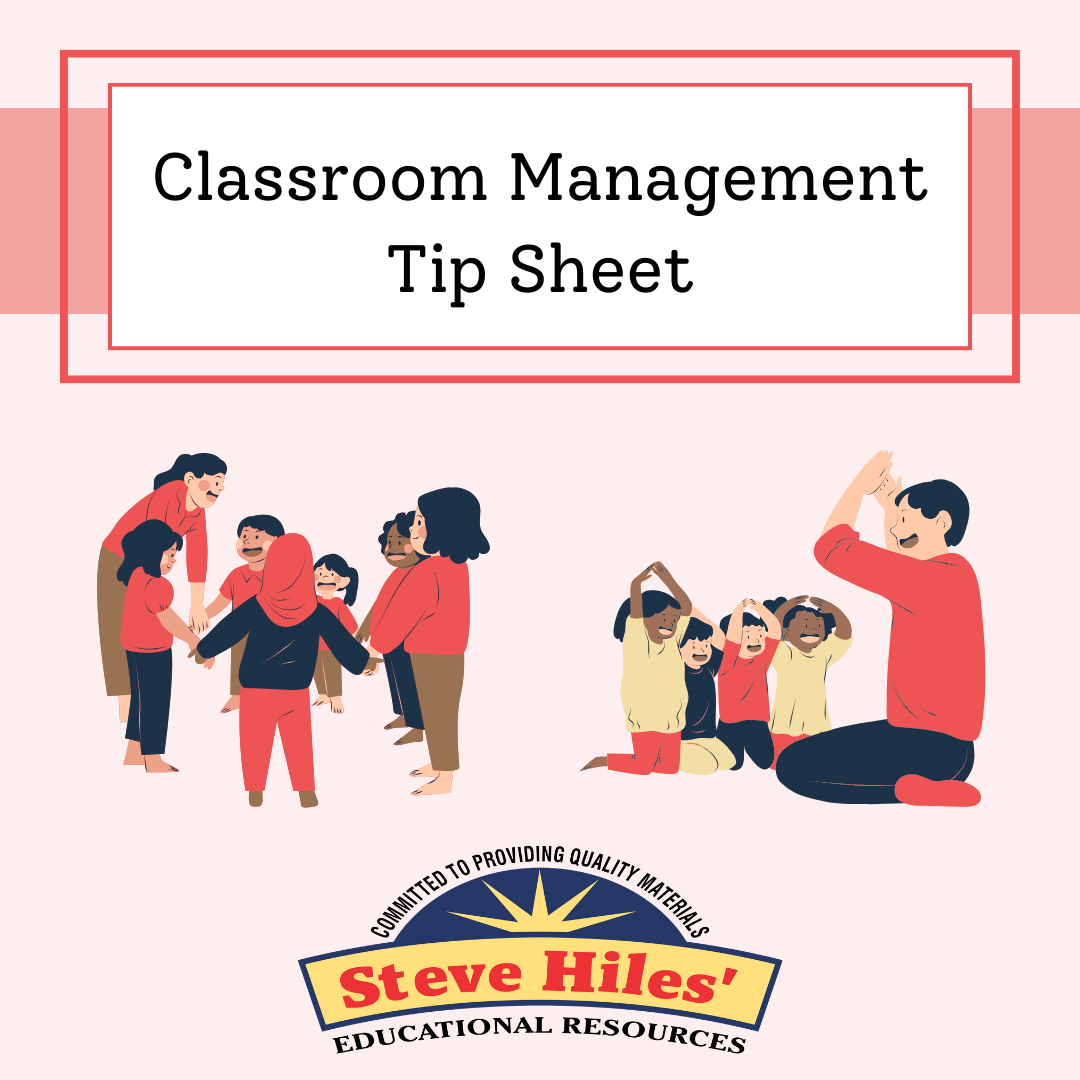What did you learn in school? Typically, colleges offering courses in Elementary Education promote their programs with statements like this one from the well-regarded Michigan State University’s College of Education:
“In order to meet the goals and objectives of the Elementary Teacher Preparation Program, you will progress through the program by taking the following Teacher Education (TE) core courses:
- In TE 150 and TE 250 (or TE 240), you begin to consider issues that are foundational to teaching diverse learners, working to understand how concepts such as equity vs. equality, the hidden curriculum, and cultural capital can help them make sense of schools as organizations, teaching and learning patterns, and classroom life. These courses can be taken during your freshmen and sophomore years.
- In TE 301, you begin to work on thinking like a teacher, in a careful study of classroom management, motivating students to learn, and lesson planning.
- In TE 401 and TE 402, you work on knowing like a teacher, integrating subject matter knowledge, curriculum, and pedagogy.
- During your internship year, TE 501 & TE 502 and TE 801, TE 802, TE 803, and TE 804, help prepare you to be engaged in the work of practicing like a teacher, putting it all together in actual supervised and mentored practice.”1
Unfortunately, many teacher preparation programs – I feel – do not adequately prepare teachers for success in the classroom. Obviously, some institutions do a better job than others do, of course.
When you look back over the courses you have taken to prepare to enter the elementary school classroom, can you think of any skills or knowledge that you might need that you have not yet acquired?
Do you know how, for example, to organize a grade book so that you can mark it “on the fly” and correctly assess all your students by the end of the school day? Can you use an electronic grade book? Teachers in our district are moving away from paper-grade books to electronic ones!
Are you able to track a student’s progress over the course of a week, month, term, or year? Are you comfortable with lesson planning? Can you make a poster, cut a straight line, and think of creative ways to recycle ‘found’ (free) items into educational materials? Are you able to quickly grade a pile of student homework so that you do not have to stay up all night to finish? These are going to be the real practical skills you will need – and some may come as a surprise!
You may be surprised, too, by the issues that you will have to face whenever you join the faculty at a school that is new to you. You will need to become familiar with the building layout, the people in the administrative offices, your colleagues, the school policies, rules, and the customary ways of doing things. You will encounter the local “school culture.”
You will also need to do what you can to “take ownership” of the classroom (or several classrooms) where you teach. Have your academic studies adequately prepared you for the day-to-day practice of teaching?
I look back on my own college experiences. Granted, we took the usual “Methods” courses and did the educational labs at various elementary schools. However, it seems to me now that they were not at all “in-depth” in the way that I needed them to be.
For example, our “Classroom Management” course barely skimmed the surface of what a teacher needs to know about the mechanics of running a class. There was no discussion of how to take roll or how to utilize a grade book. These are essential and take up time in every class.
Other time-consuming items, to mention just a few, include adjusting window shades and room temperature, dealing with audiovisual equipment, and distributing supplies including helping students to locate lost pens or pencils. Construction noise, broken alarm systems or public address speakers, doorknobs that fall off or chairs or tables that break, people who go missing, get sick, or are simply lost – the list of possible disruptions to class time can be seemingly endless. These can take up the minutes of the class.
Adding up all the “time-wasters,” by the time the bell rings signaling the end of the class, you can find you have had very little time to actually teach, or more importantly, for your students to learn. You may have had little or no preparation in college courses for how to deal with these ongoing (and often irritating) problems.
This is the only profession that I am aware of that expects a teacher fresh out of college to perform like a 20-year veteran – which to me is ridiculous.







